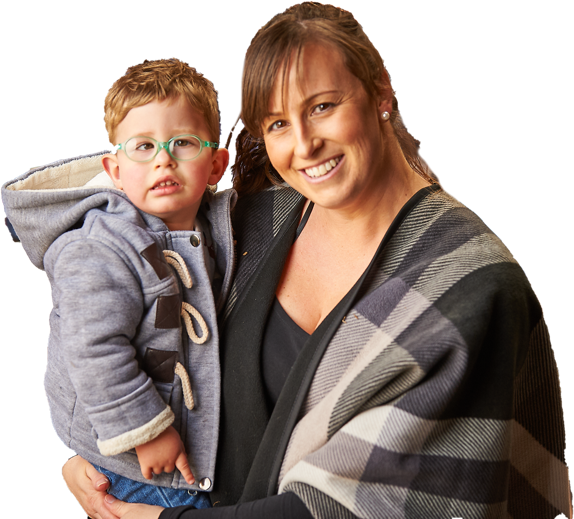
Medical Care and Intervention Therapy
Find out more
People with Prader-Willi Syndrome (PWS) are an absolute joy to be around, they are some of the most charismatic, friendly and caring people you will meet.
First and foremost, we can not stress enough that you are your child best advocate. Don’t be afraid to speak up when you feel that something is not right or that your concerns are not being heard or addressed. Whilst specialists should be the experts they don’t always have the answers; you will soon learn that you are very quickly becoming equipped with all the information and knowledge that you need to advocate for what is best for your child.
Your child will develop according to their ability; The developmental milestone may be slower than that of their peers but they will happen in their own time. Sometimes while developing in one area, another area may be delayed, this is normal with all children. Studies have shown that children with Prader-Willi Syndrome benefit immensely from Early Interventions and therapies.
Mainstream pre-school programs such as childcare and kindergarten are beneficial for socialisation. These services can also help your child with language, gross motor and fine motor skills. Practising these skills is essential for early brain development.
All parents experience the “terrible twos” and when you think it can’t get worse the “terrible threes”. However, some challenges may continue long after their peers have moved on. Cognitively, children with PWS commonly have a mild to moderate intellectual impairment; this is not usually obvious to untrained professionals in the first few years. Learning difficulties are generally present, even with a higher IQ. Some days your child will surprise you with how bright and talented they are in some areas.
Areas that can cause difficulty with regards to behaviour can include:
For children with PWS, their emotional control can be impaired, and this will continue into adulthood. You will learn skills in de-escalating outbursts and will soon begin to recognise the difference between a tantrum and a meltdown.
Somewhere between the ages of three and eight, children with Prader-Willi Syndrome will transition from a ‘failure to thrive’ to the stage of hyperphagia where they begin to experience a preoccupation with food.
At first, you may start to notice an increase in weight without increased appetite or excess calories; this can later be followed by an increased appetite and interest in food without the ability to feel full. It is hard to recognise the difference between normal toddler behaviour and the beginning of this Hyperphagia stage. During these early years, it’s essential to work with a dietician who understands Prader-Willi Syndrome who can provide advice and guidance to ensure optimum nutritional needs are being met. An Occupational therapist can also assist with adequate environmental controls.
It can be challenging to have a child who is not reaching developmental milestones at the same rate as their peers. Still, there is a certain amount of pride that comes from watching them work so hard to achieve their milestones and the joy on their faces once they master a task is heartwarming. These years pass by so quickly, and you will notice achievements you would never have even considered with a typically developing child. There is so much to treasure.
Always remembers that you have access to supports and services that can assist you throughout all stages of your child’s life. At this time, your energy should be focused on providing a loving, caring and a safe environment, so that your child is provided with every opportunity to live a full and inclusive life.
